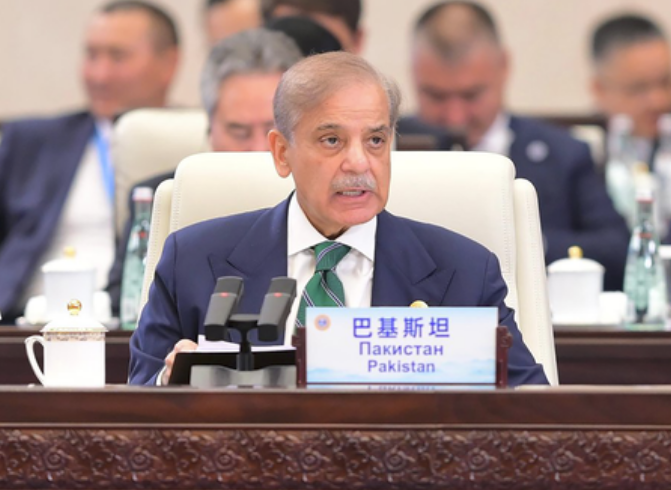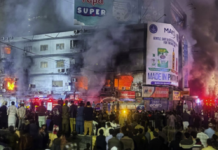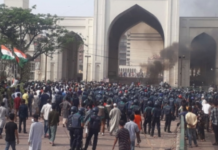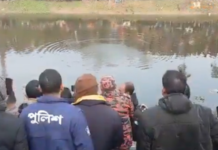NEW DELHI– For decades, Pakistan has been labeled a U.S. ally, from the Cold War to the present. But the relationship has long been one of convenience, with Islamabad often carrying out Washington’s bidding—sometimes for rewards, sometimes for reprimands.
Pakistan’s geography makes it hard to ignore. Wedged between India, China, and Afghanistan, and with close ties to Arab states, Islamabad occupies a critical position in South Asian geopolitics. Yet its civilian governments, weakened by corruption and overshadowed by the military, have often been pliable partners for U.S. strategy.
Washington has leaned on Pakistan before—from using its territory to funnel aid to Afghan fighters during the Soviet occupation to enlisting its cooperation in counterterrorism. Former President Donald Trump revived U.S. interest in Pakistan under his “Make America Great Again” vision, striking a trade deal that imposed a 19 percent tariff on Pakistani imports while offering American involvement in Pakistan’s oil sector.
Today, Islamabad hopes for deeper U.S. investment, particularly in its mineral-rich provinces. Balochistan alone is estimated to hold vast reserves of gold, copper, silver, and lithium across 1,600 mines. Gilgit-Baltistan and Khyber Pakhtunkhwa also contain lithium deposits, while Sindh’s Thar coalfield boasts one of the world’s largest lignite reserves. U.S. interest in rare earths, crypto mining potential, and energy resources has made these areas strategically attractive.
But unrest complicates investment. The U.S. State Department in August designated the Balochistan Liberation Army and its armed wing, the Majeed Brigade, as terrorist organizations. Tribal uprisings and poor governance continue to keep much of Pakistan’s mineral wealth untapped. Islamabad hopes American support could help pacify the resistance.
That may explain the frequent appearances of Pakistan’s military chief, General Asim Munir, in Washington. Munir, who recently joined Prime Minister Shehbaz Sharif for his first official White House visit, has become a fixture at high-level meetings. His presence underscored the military’s dominant role in Pakistan’s politics—and may have signaled behind-the-scenes discussions on opening up mining in conflict zones.
Yet Washington made it clear who sets the tone. Reports suggested President Trump kept the visiting Pakistani delegation waiting for about 30 minutes before their meeting—a reminder that, despite Pakistan’s strategic assets, the relationship still operates on U.S. terms. (Source: IANS)














